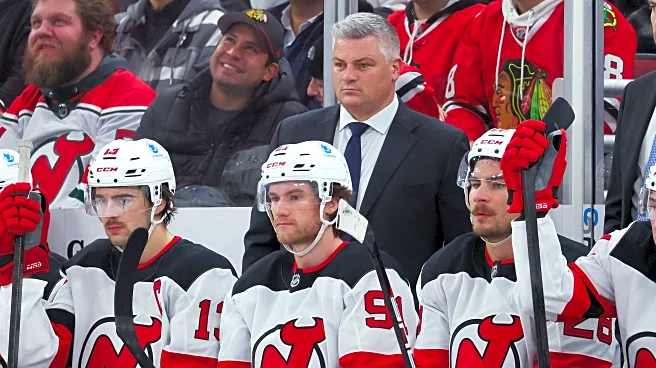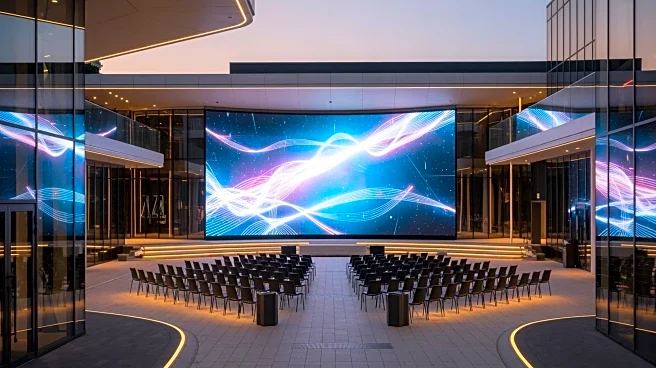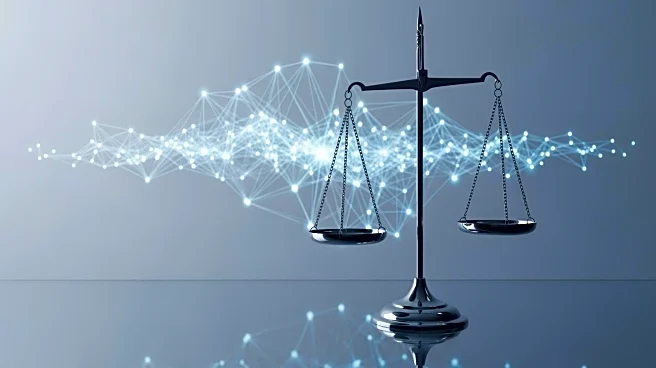Rapid Read • 8 min read
The Western Sahara conflict, often described as a 'frozen conflict' and 'decolonisation’s last stand,' remains unresolved despite numerous ceasefires. The region, primarily inhabited by people of Arabic origin related to those in Mauritania and Morocco, was a Spanish colony until 1975. Following Spain's withdrawal, Morocco and Mauritania annexed parts of the territory, leading to resistance from the Polisario Front, a pro-independence group backed by Algeria. Despite a UN-brokered ceasefire in 1991 and plans for a referendum on independence, the conflict reignited in 2020 after Moroccan responses to Sahrawi protests. The African security landscape is shifting, with weakened UN peacekeeping operations and increased involvement of private military companies and new state actors like Russia and Türkiye.
AD
The Western Sahara conflict has significant implications for regional stability and international relations. The ongoing dispute affects diplomatic ties, particularly between Morocco and Algeria, and influences the geopolitical strategies of global powers like the United States, Russia, and Türkiye. The conflict's resolution is crucial for regional security and could impact resource exploitation in the area, which is rich in phosphates and potentially untapped oil deposits. The involvement of private military companies and new state actors in Africa's security landscape could either maintain the status quo or exacerbate tensions, affecting the Sahrawi people's quest for independence.
The future of the Western Sahara conflict may hinge on the evolving roles of international and regional actors. The UN continues to advocate for a referendum, but its success remains uncertain. The involvement of countries like Russia and Türkiye could shift the balance of power, potentially leading to new diplomatic initiatives or increased tensions. Regional military interventions are unlikely due to the contested status of Western Sahara and the lack of consensus among African nations. However, the emergence of new mediators or changes in foreign policy by influential countries could alter the current dynamics.
The conflict in Western Sahara highlights broader issues of decolonization and self-determination in Africa. It underscores the challenges of resolving territorial disputes in a region with complex historical and political ties. The role of private military companies and the shifting allegiances of global powers reflect changing patterns in international conflict resolution. The situation also raises questions about the effectiveness of international institutions like the UN in addressing protracted conflicts and the ethical implications of foreign intervention in sovereign disputes.
AD
More Stories You Might Enjoy











